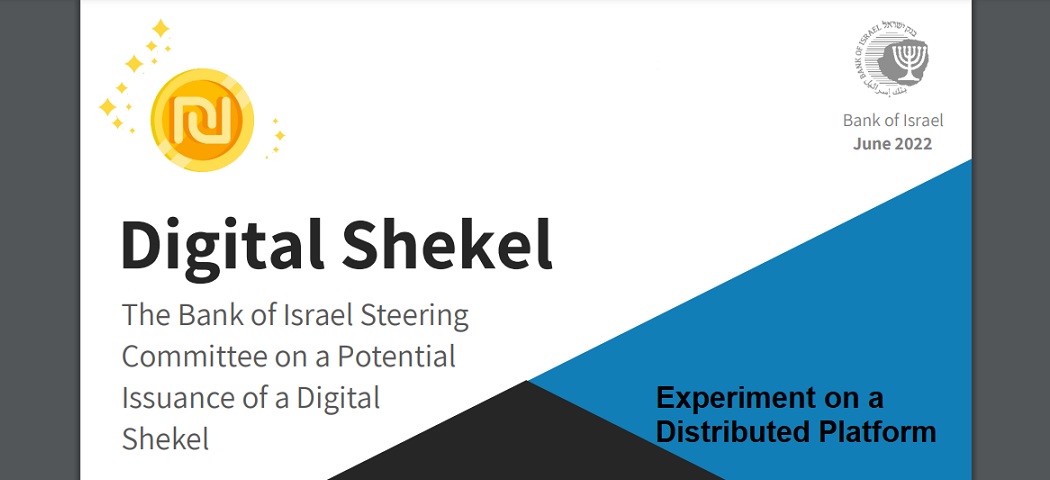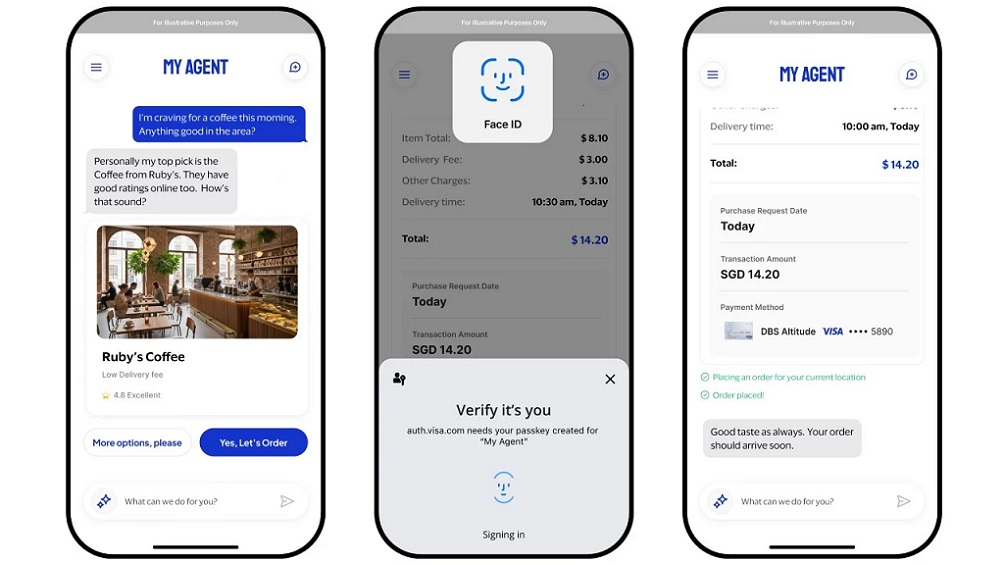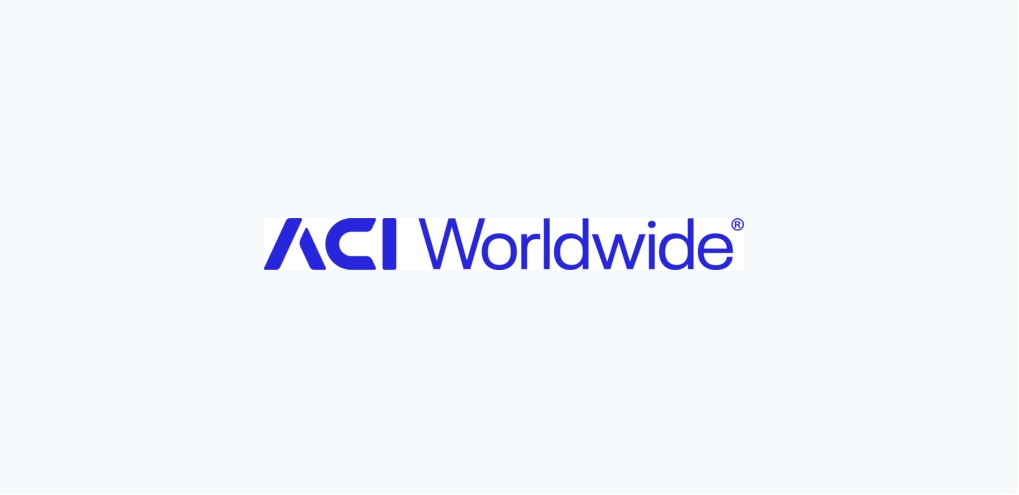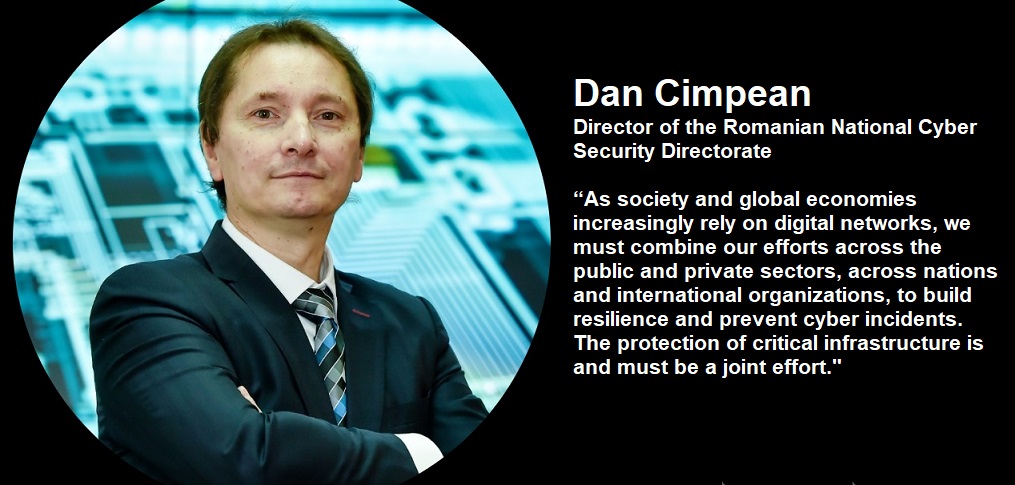Digital shekel project – Technological experiment on a distributed platform. Bank of Israel investigates anonymous digital shekel payments.

As part of the digital shekel project, the Bank of Israel is studying technological alternatives and the opportunities and risks inherent in various technologies for applying a digital shekel system. „This involves both theoretical analysis and practical experiments that examine the various technologies,” according to the press release.
The Bank of Israel is today publishing the outline and main insights from the first technological experiment conducted as part of the project. The experiment was conducted under laboratory conditions, and involved the establishment of a distributed ledger technology (DLT) infrastructure on the cloud, and the application of a Quorum blockchain based on Ethereum.
It should be emphasized that the choice of this infrastructure for the experiment does not indicate that the Bank of Israel intends to implement a digital shekel system—should one be issued—on a distributed environment in general, or on Ethereum technology in particular. Furthermore, it does not indicate that this technology is preferable to others.
Experiments conducted by other central banks are examining this technology alongside other distributed technologies, as well as nondistributed technologies. The Bank of Israel chose to conduct the experiment in this technological environment in order to enable the Bank’s professional teams to gain experience in the use of distributed technologies in general and Ethereum technology in particular, since this technology is an open source platform that enables the construction of a wide variety of applications.
The first stage of the experiment included establishment of the platform and an examination of the ability to execute basic actions including issuance and transfer of digital currency from one wallet to another (payment). In addition, the experiment examined the ability to impose quantitative restrictions on payment transactions, and to make use of “smart contracts” for delivery vs. payment transactions.
The experiment highlighted an important policy question in this context: Which party would build the smart contract. While it is not likely that in reality the Bank of Israel will write applications for specific payment transactions, it is also difficult to assume that just anyone will be allowed to write a smart contract on the blockchain itself, since this may constitute a significant risk to the entire system. One possible solution is that payment service providers will be permitted to write smart contracts, which raises questions regarding the supervision that will be required in these areas.
The second stage of the experiment dealt with the issue of privacy in digital payment transactions. In the existing payment system, there are two contrary situations. Cash is completely anonymous, while a payment made using any digital means of payment—payment card, bank transfer, payment application, and so forth—gives the financial entities operating the means of payment full information regarding all the details of the transaction. New technologies provide policy makers with a wide variety of possibilities between these two options. For instance, the experiment examined an innovative technology that was recently released that enables policy makers to set a periodic threshold for digital payments that can be made anonymously, beyond which payments are documented in the system.
The findings of the experiment correspond with one of the motivations identified by the Steering Committee for the Potential Issuance of a Digital Shekel: providing the public with the option of using digital means of payment while maintaining some level of privacy, on condition that the rules set by the State authorities concerning the prohibition of money laundering and the financing of terrorism, and proper disclosure to the tax authorities, are adhered to.
The Bank of Israel can use the infrastructure that was established for the experiment to examine other applications and policy issues in the future, as necessary. The Bank of Israel will continue examining various technological issues regarding the potential issuance of a digital shekel.
Dariusz Mazurkiewicz – CEO at BLIK Polish Payment Standard
Banking 4.0 – „how was the experience for you”
„To be honest I think that Sinaia, your conference, is much better then Davos.”
Many more interesting quotes in the video below:









